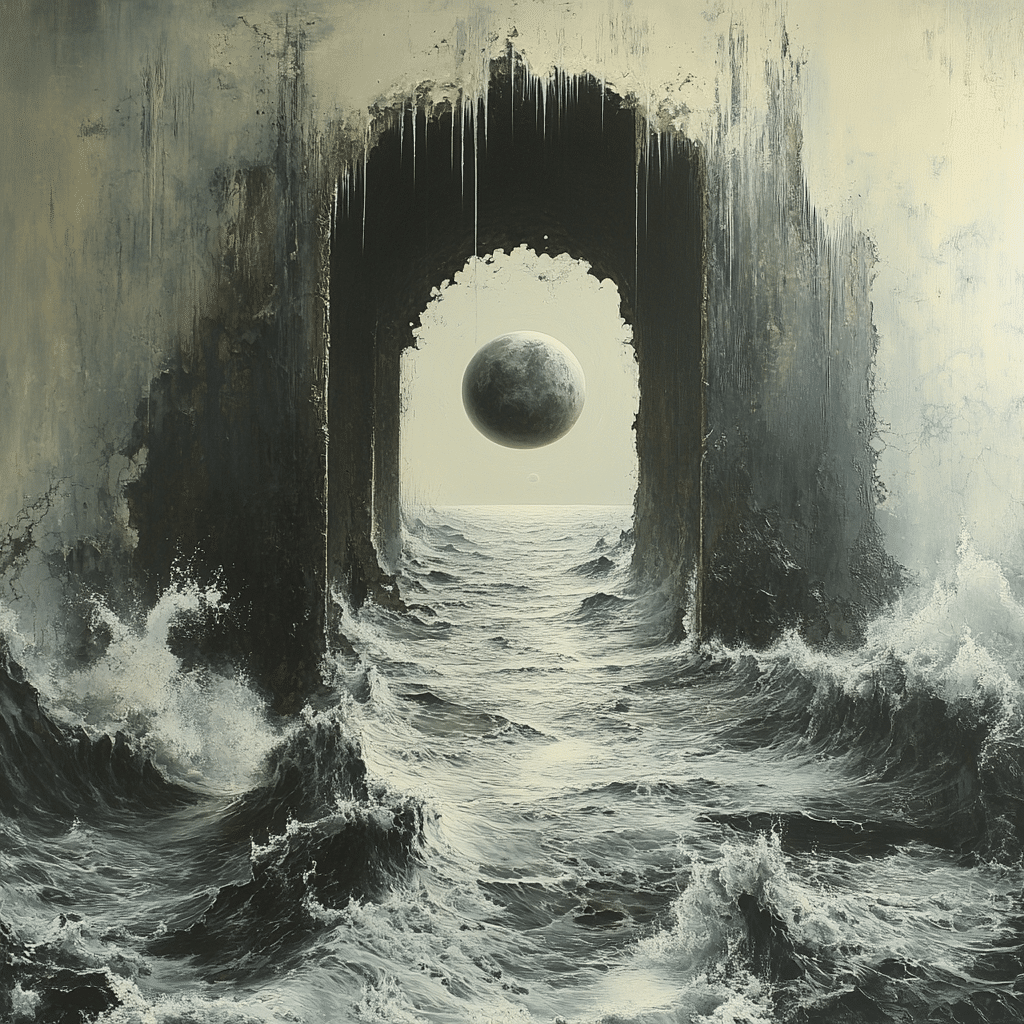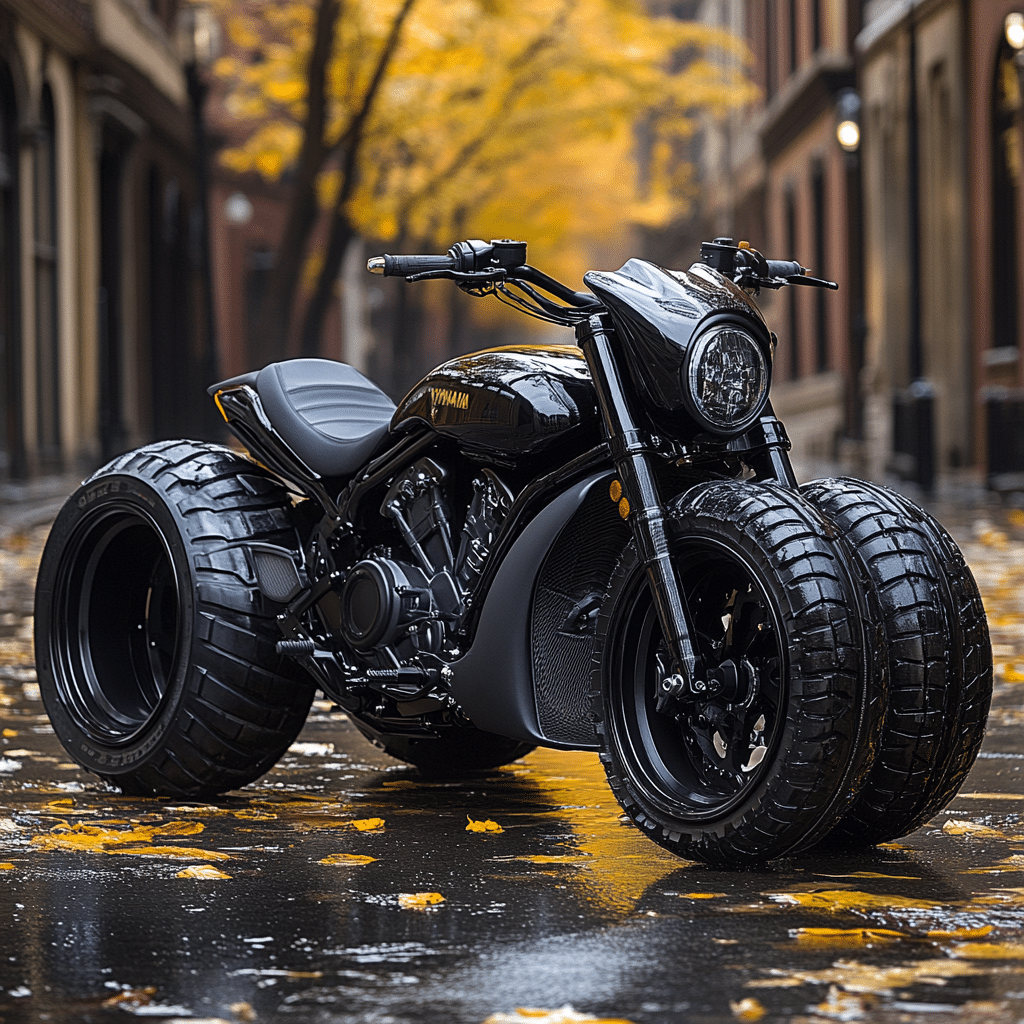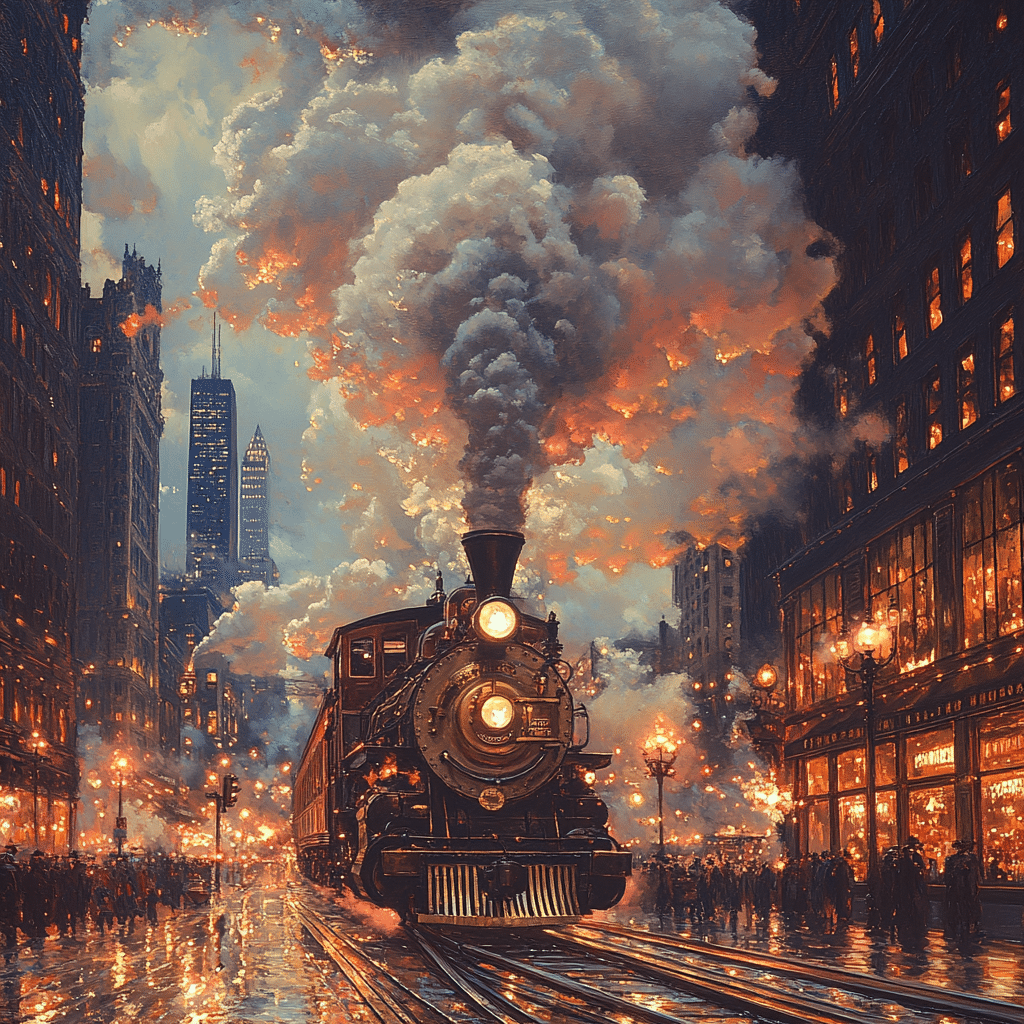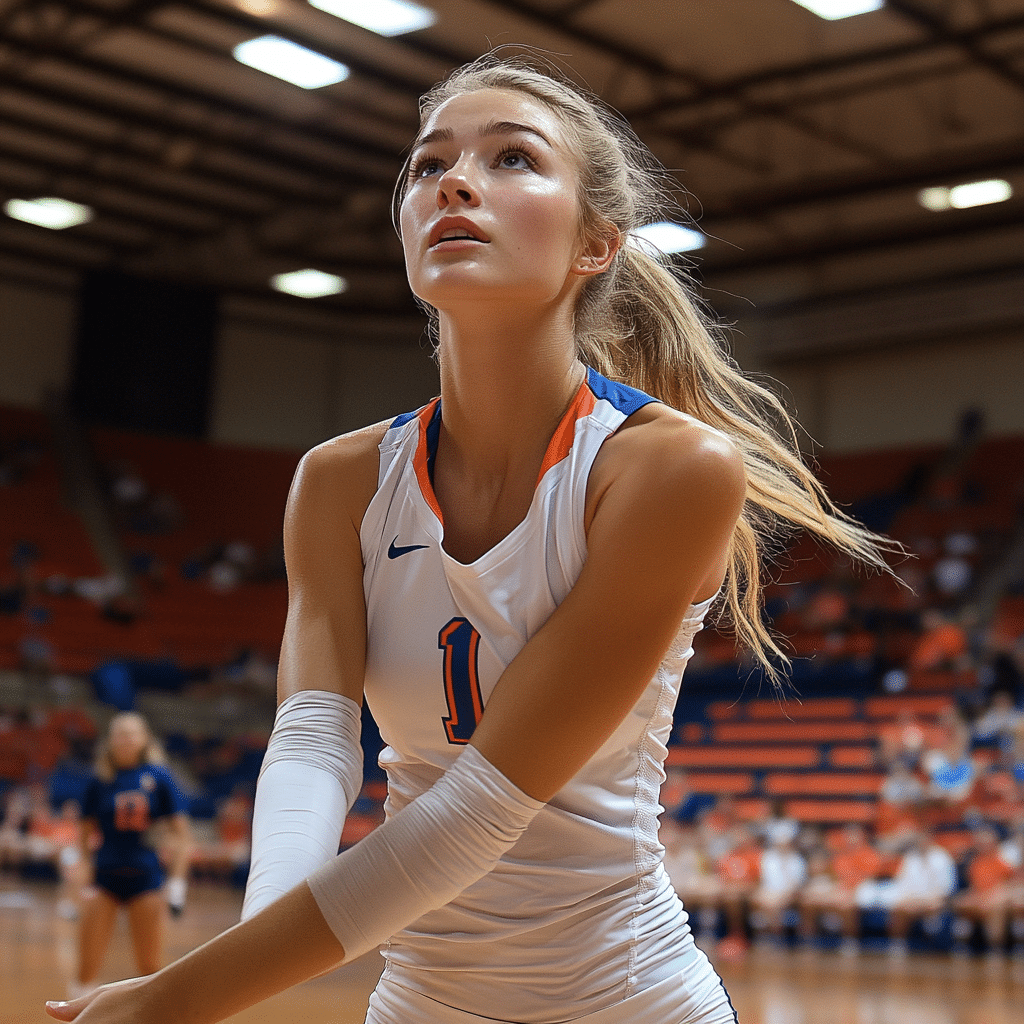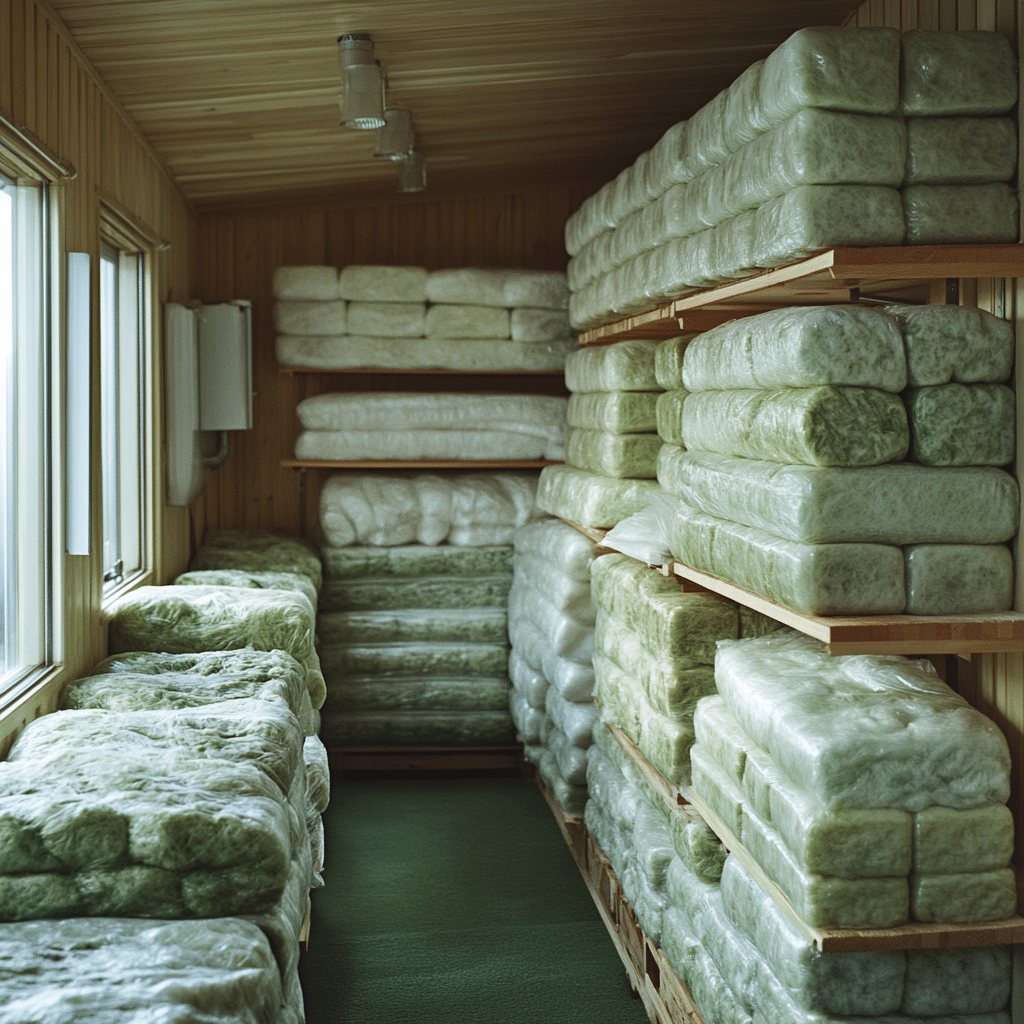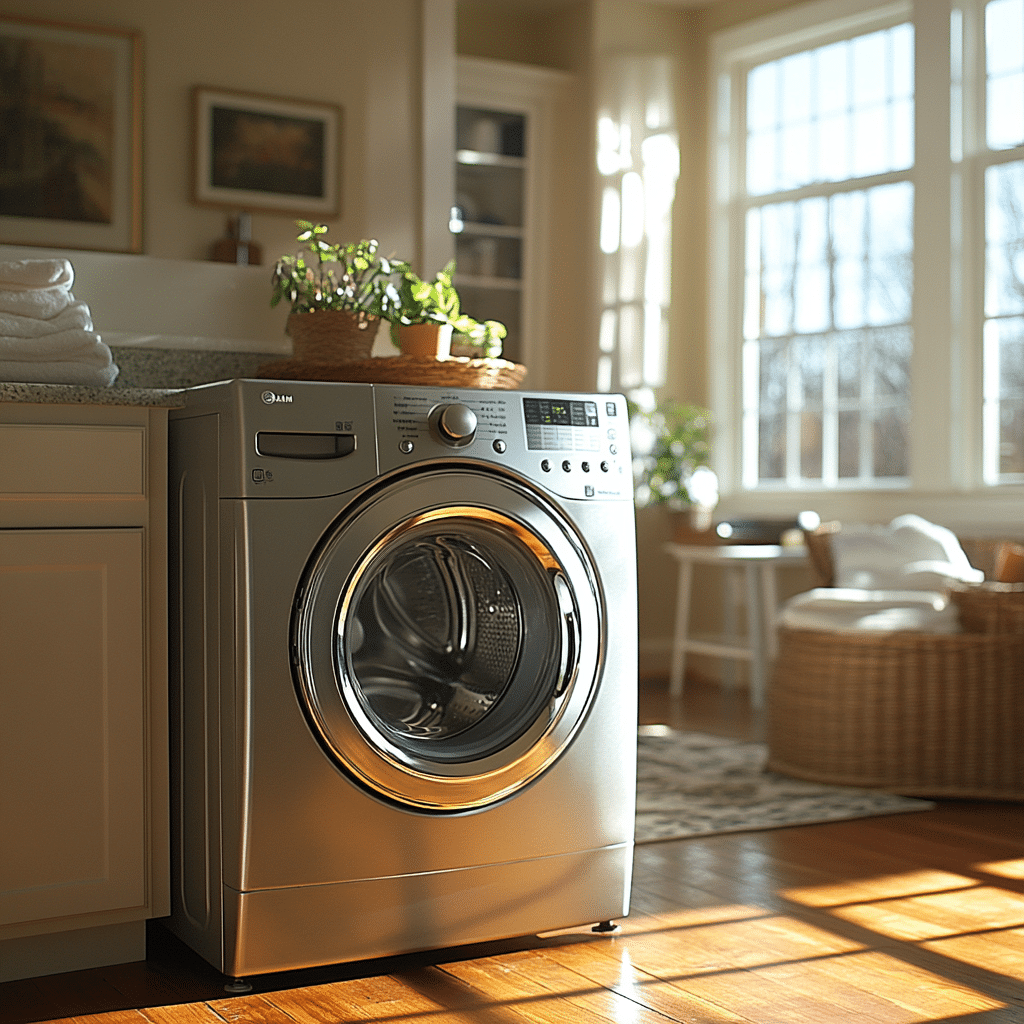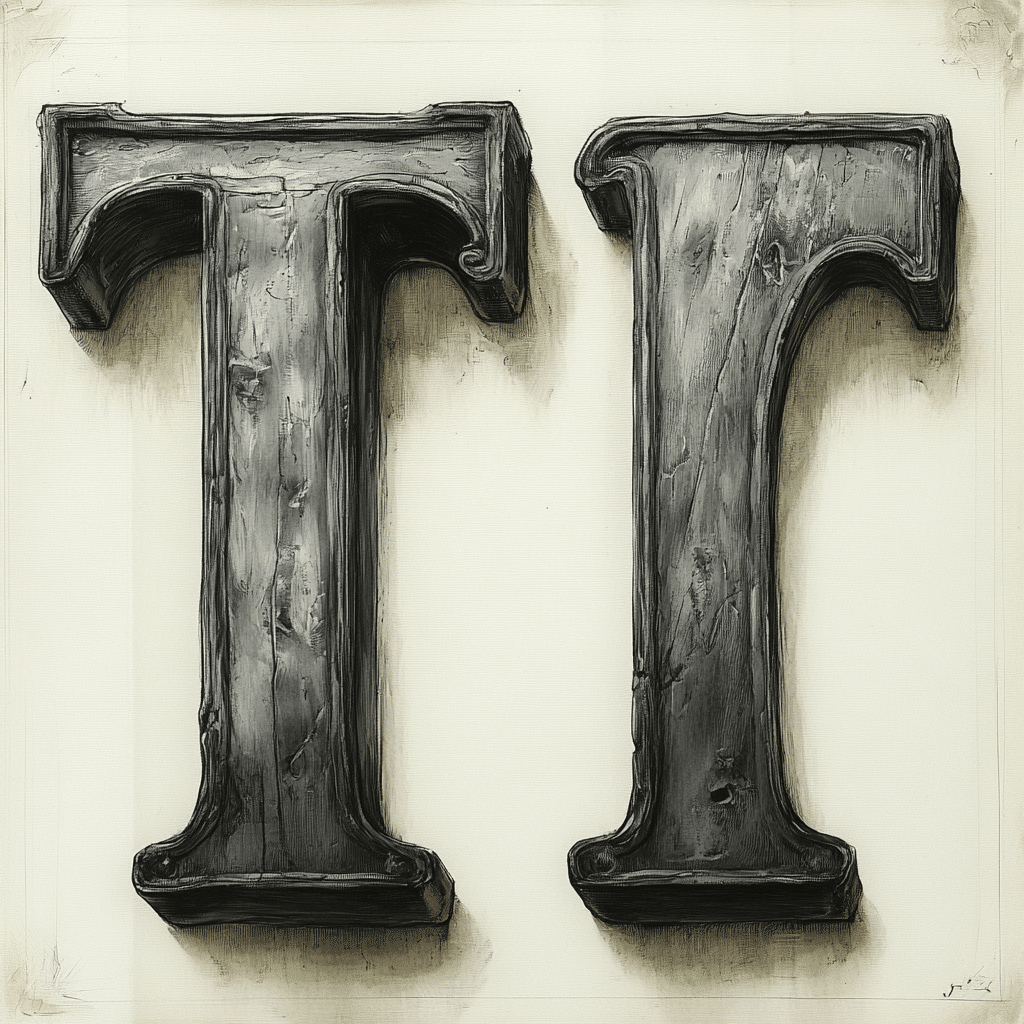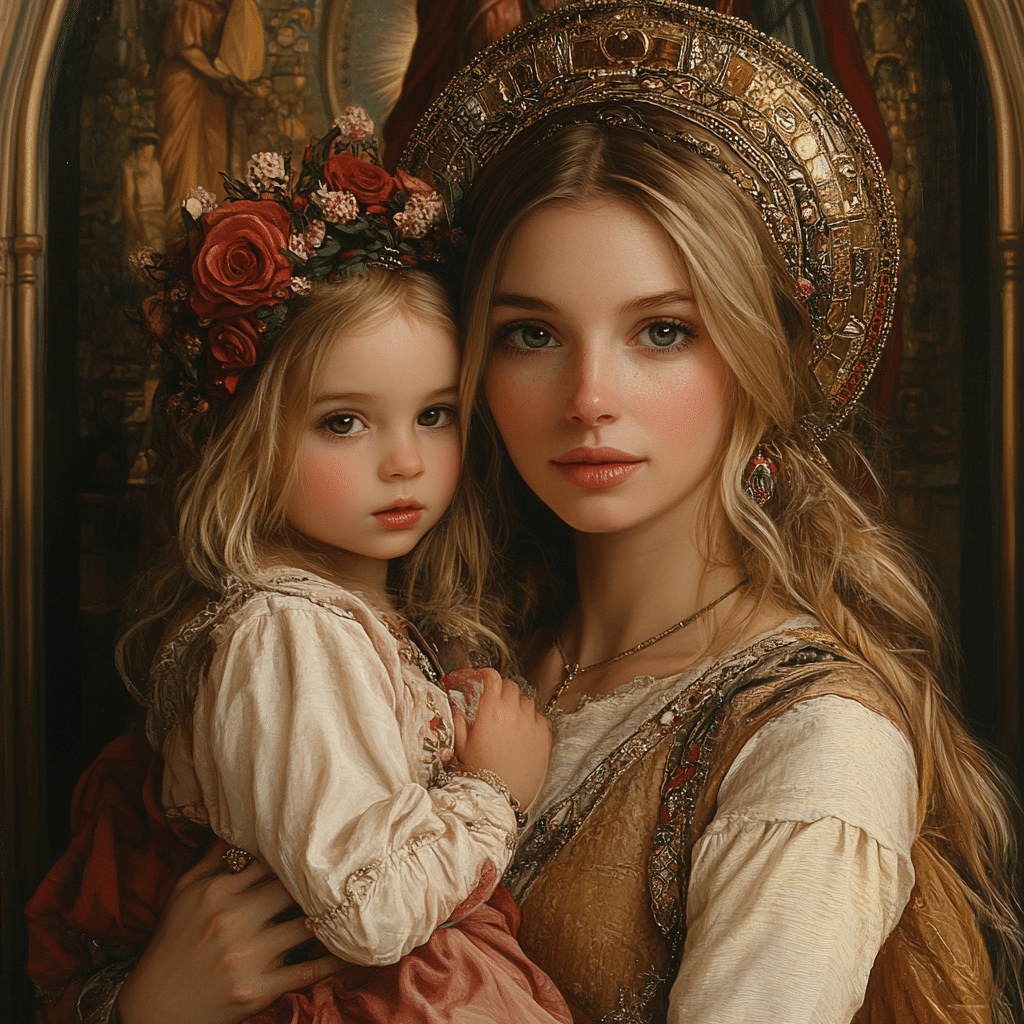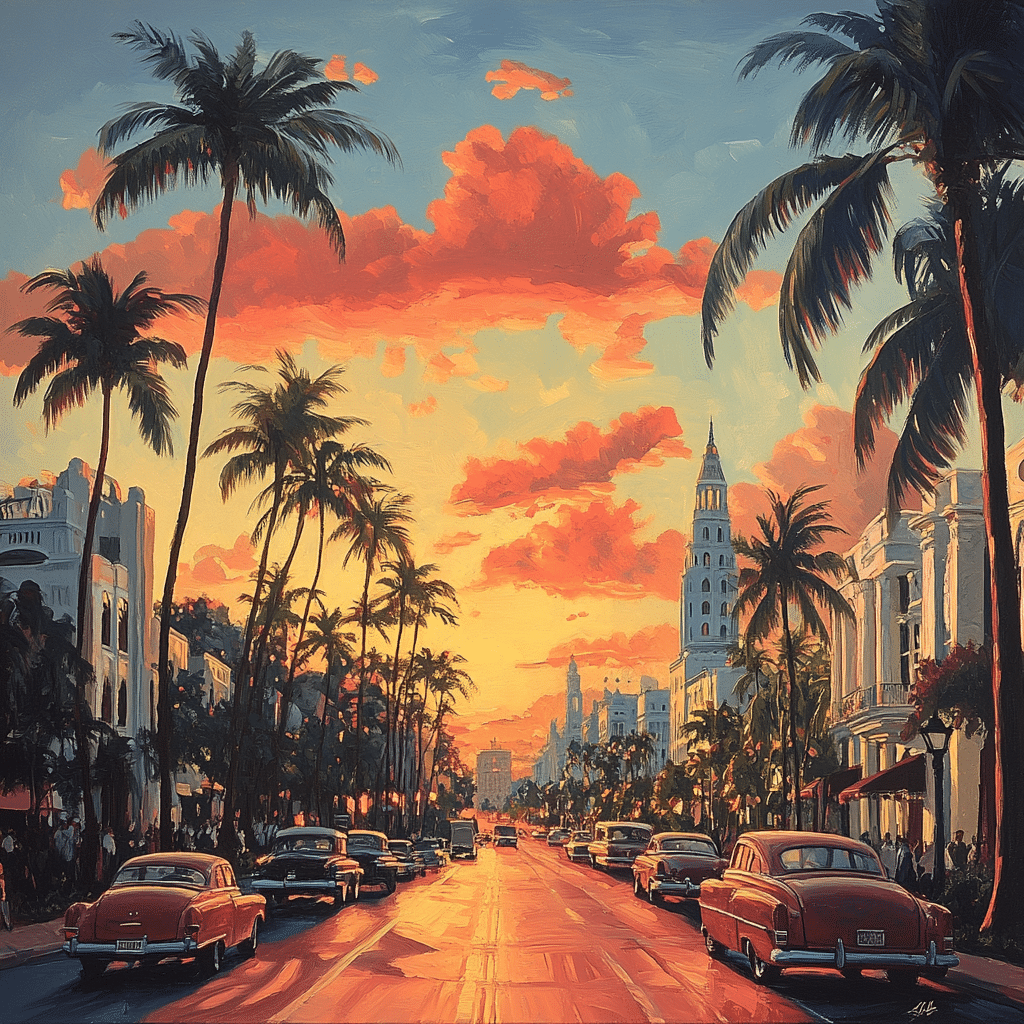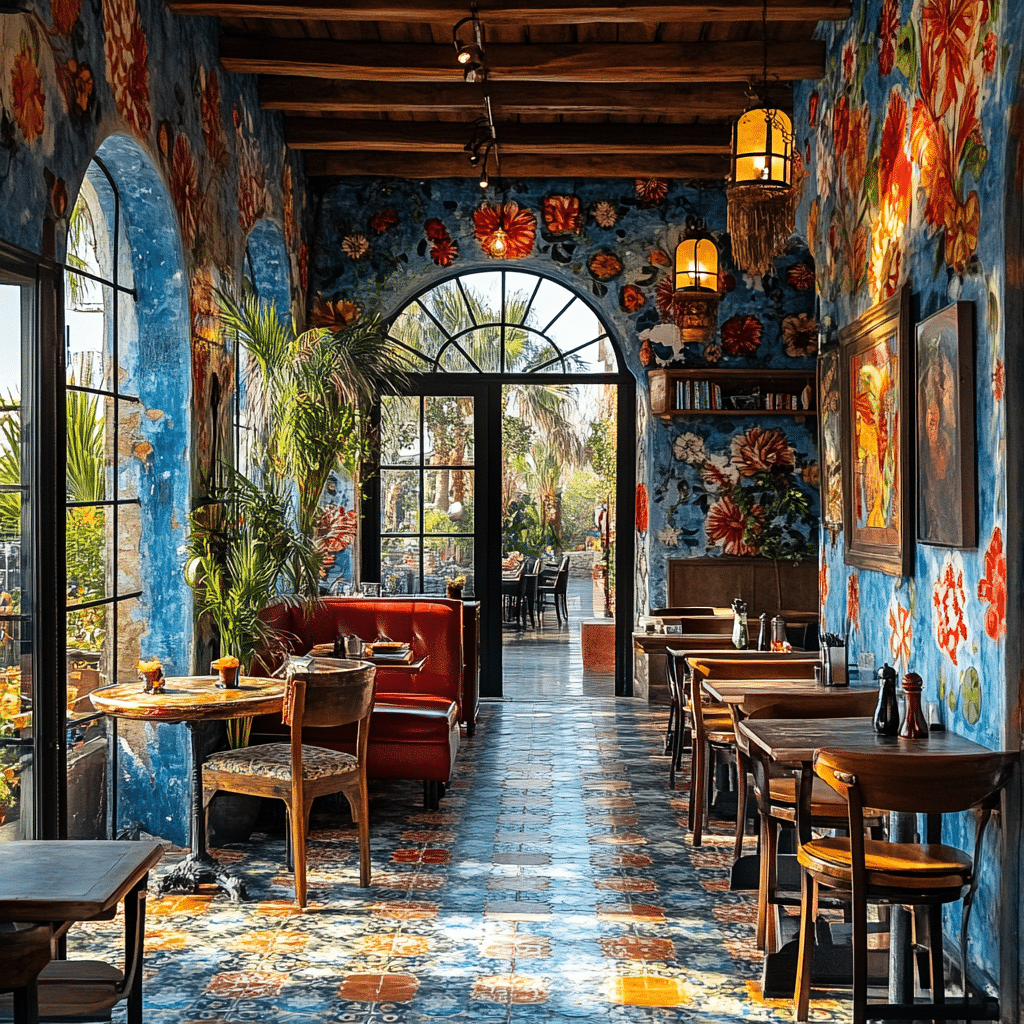When it comes to musical instruments, few brands resonate as profoundly as Yamaha. With its stellar reputation for high-quality sound and craftsmanship, Yamaha pianos stand out in a crowded field. Whether you’re a budding musician or a seasoned pro, these instruments offer an array of features that enhance your playing experience and inspire creativity. Let’s dive into the legacy of Yamaha pianos and explore why they are often considered the gold standard in the music industry.
The Yamaha Piano: A Legacy of Quality and Performance
Yamaha has built a name that’s synonymous with excellence in musical instruments. Since the company’s inception, it has placed a significant emphasis on crafting pianos that are not just instruments but tools for expression. The combination of advanced technology and time-honored craftsmanship allows Yamaha to produce pianos that musicians adore. From concert halls to intimate gatherings, Yamaha pianos deliver a sonorous experience that elevates musical performances and showcases the profound emotional connection between a performer and their instrument.
But what truly sets Yamaha pianos apart? For starters, their commitment to using premium materials. This approach, coupled with decades of expertise, creates an instrument that’s reliable and beautiful. Additionally, Yamaha continues to innovate with features that cater to both the traditional piano player and modern musician. With every note, Yamaha ensures quality and a rich sonic tapestry that resonates deeply with audiences.
As we look further, the impact of Yamaha’s engineering excellence on musicianship across various genres becomes clear. Whether you’re playing classical pieces or engaging in jazz improvisations, the versatility of Yamaha pianos shines through. Thanks to their ability to harmonize with a wide range of musical styles, these pianos are indispensable companions for artists everywhere.
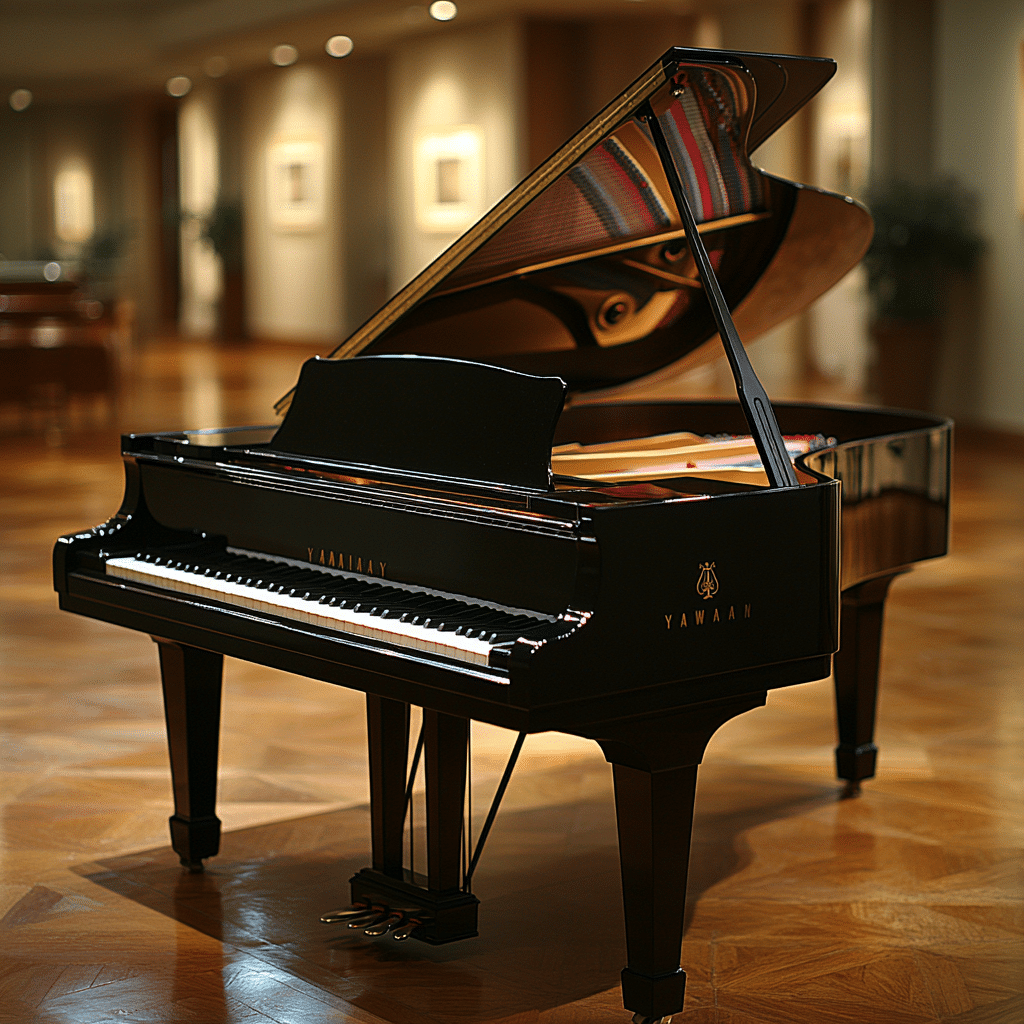
7 Reasons Why Yamaha Pianos Are Indispensable for Musicians
1. Superior Craftsmanship
Yamaha pianos are crafted with incredible attention to detail. The use of high-quality woods and various finishes not only enhances their beauty but significantly contributes to acoustic performance. For instance, take the Yamaha CFX concert grand piano—known for its rich tone and dynamic range, it is loved by professional pianists around the world. This commitment to superior craftsmanship is a hallmark of the Yamaha brand.
2. Innovative Technology
In the digital age, musicians need instruments that bridge traditional and modern techniques. Yamaha’s TransAcoustic technology is a game changer, seamlessly integrating digital sounds with the authentic touch of acoustic playing. This feature allows the pianist to enjoy digital effects like reverb and chorus without sacrificing the acoustic authenticity—they can bring a small jazz band vibe to their solo practice while playing alongside their favorite genres.
3. Versatility Across Genres
The diversity of musical genres Yamaha pianos can accommodate is astonishing. From classical to pop and jazz to rock, the adaptability of Yamaha instruments is remarkable. Picture a beautiful duet between a Yamaha piano and a double bass, or how effortlessly a tenor saxophone can weave through a sonorous landscape created by a Yamaha. It’s this interplay of sounds that makes Yamaha pianos essential for any ensemble.
4. Renowned Educational Tools
Yamaha pianos, especially the CLP series, are popular educational tools. Features designed for enhancing learning—like app integration and song recording capabilities—make them fantastic instruments for aspiring musicians. Imagine a novice flutist practicing alongside a Yamaha digital piano—it’s an immersive experience that encourages creativity and learning, essential for any budding artist.
5. Exceptional Playability
What’s more, the playability of Yamaha pianos has garnered lauds from players of all skill levels. The P-515, for example, boasts a Graded Hammer 3X action that imitates the touch of an acoustic piano, which is vital for musicians hopping between instruments. This responsiveness is crucial, especially for crossover players who switch between wind instruments such as the alto saxophone and the bass clarinet.
6. Global Recognition and Endorsements
The endorsement of renowned musicians adds to the prestige of Yamaha pianos. Artists like Gualtiero Malgoni have chosen Yamaha to convey their musical narratives in both studio recordings and live concerts. This credibility emphasizes Yamaha’s ability to produce instruments that not only meet but exceed the expectations of top-tier performers.
7. Strong Community and Support
Lastly, Yamaha fosters a community around its products, offering extensive resources for players. From workshops and masterclasses to digital learning platforms, Yamaha is committed to helping musicians thrive. Picture collaborative sessions where players of various instruments, say the sousaphone and baritone saxophone, come together—a supportive network fuels shared growth and creativity.
The Yamaha Piano’s Impact on Ensemble Music
Playing in an ensemble brings out the best in any musician and incorporating Yamaha pianos amplifies that experience. Their ability to blend beautifully with other instruments is like a fine wine pairing with gourmet cuisine. In a jazz band, for example, the rich sound of a Yamaha grand piano enhances the performance. When intertwined with the tenor saxophone and an upbeat sousaphone, you create music that’s not only harmonious but also rhythmically captivating.
Complementing Wind Instruments
Yamaha pianos shine when accompanying wind instruments such as soprano saxophones and bass clarinets. The clarity and resonance of a Yamaha piano provide the perfect backdrop for these instruments, allowing for intricate musical dialogues. The interaction creates an engaging sound landscape—imagine a duo performing together, weaving melodic lines that tell a story through their shared musical journey.
Yamaha Pianos in Modern Music Genres
The landscape of contemporary music is vast, and Yamaha pianos frequently emerge as the backbone of many genres. From pop hits to jazzy improvisations, their versatility ensures they’re a favored choice among composers. This adaptability means that a Yamaha piano not only supports soloists but also enriches larger ensemble pieces, adding depth and complexity to the overall sound.
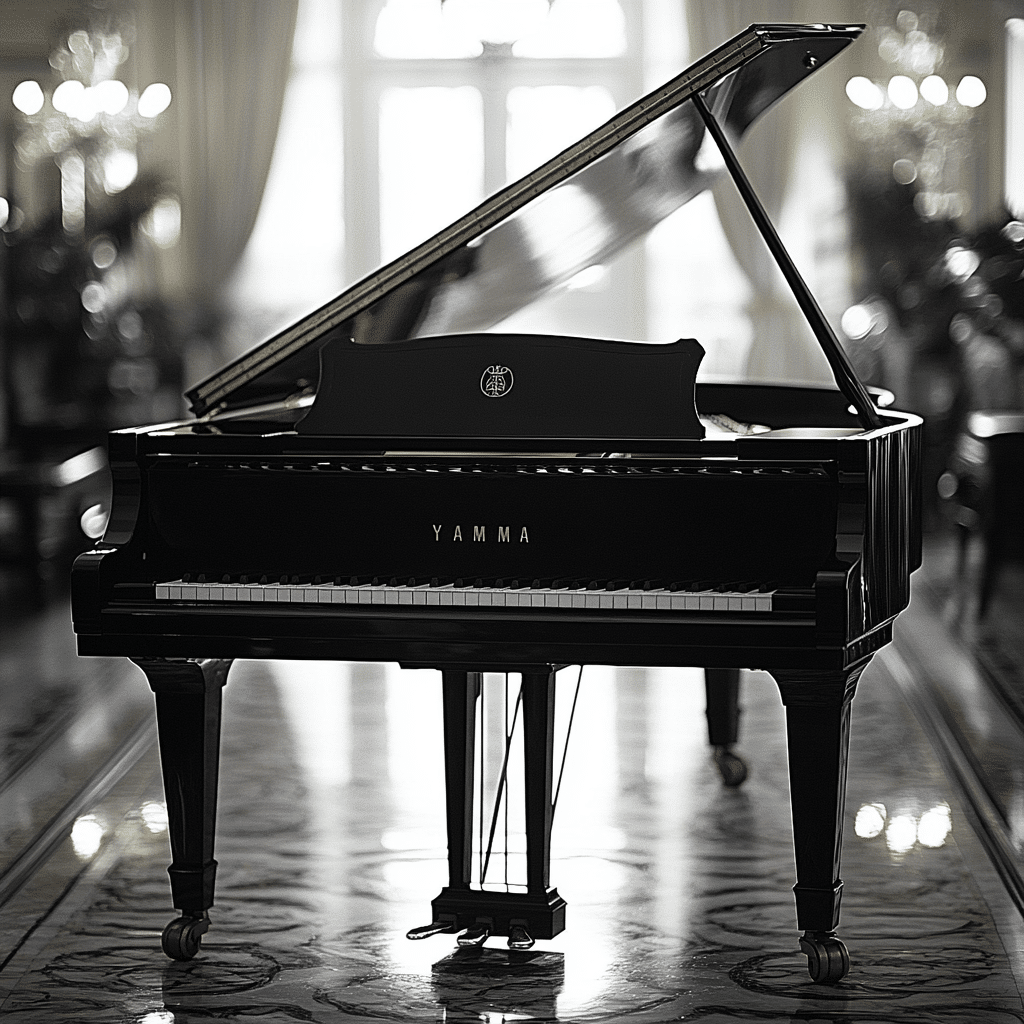
Elevating the Music Experience
At the intersection of tradition and innovation, Yamaha pianos inspire musicians to explore new creative avenues. Their relentless pursuit of quality ensures artists can fully express themselves, regardless of genre or instrumentation. The presence of a Yamaha piano in any musical collaboration proves essential—these instruments are not just tools; they become part of the connection and expression that unite musicians and audiences alike.
In a world craving quality and performance, Yamaha continues to pave the way. They inspire both novice and experienced musicians, shaping sounds that resonate through generations. The legacy of Yamaha goes beyond manufacturing exceptional instruments; it’s about crafting experiences that enrich lives with the power of music. Whether you’re a classical aficionado or a pop enthusiast, embracing the journey with a Yamaha piano guarantees you’ll find a deeper connection to your art.
Yamaha Piano: Fun Trivia and Interesting Facts
The Rich Legacy of Yamaha Pianos
Did you know that Yamaha has been crafting pianos for over a century? Established in 1887, the company has grown from making reed organs to becoming one of the foremost piano manufacturers in the world. They’re so iconic that you could liken the Yamaha piano to the highly anticipated nintendo switch 2—both represent innovation and a passion for quality in their respective fields. With Yamaha, you’re not just buying a musical instrument; you’re investing in a rich history of craftsmanship and artistry that resonates through every note.
Additionally, Yamaha’s development of the Disklavier piano has mesmerized musicians and tech enthusiasts alike. This player piano can record performances and even connect to the internet to stream music, similar to how platforms like lookmovie2 allow for seamless access to countless films. Yamaha continues to push boundaries, merging traditional piano-playing with cutting-edge technology to provide an experience that’s truly captivating.
Fun Facts About Yamaha’s Craftsmanship
Ever heard of the timeless design and construction of Yamaha pianos? Each piano is handcrafted from high-quality materials, including sustainably sourced wood. Their commitment to environmental consciousness mirrors the principles seen in the upgrade to the 2024 toyota sienna, where modern practices are combined with traditional values. And let’s not forget the sonic capabilities; Yamaha pianos are engineered to deliver a powerful, resonant sound that fills any space, whether it’s a concert hall or your living room.
Speaking of resonance, many piano enthusiasts consider Yamaha pianos an excellent choice for beginners. Not only are they budget-friendly, but they also offer features that cater to a wide range of skills—like a great low taper fade black male haircut that suits just about anyone. In fact, Yamaha’s CLP and CVP series are particularly popular for beginners looking to strike a balance between performance and ease of use, ensuring that every aspiring pianist can find their groove.
Yamaha Pianos in Popular Culture
Yamaha pianos have sealed their place in popular culture, appearing in various films and shows. Just imagine a classic film scene unfolding with a beautiful Yamaha grand piano in the background, much like how guanacasteca vs santa ana captures viewer interest with vibrant visuals. These instruments have been played by some of the greatest musicians worldwide, emphasizing their reputation for unmatched quality and performance.
Moreover, the design of Yamaha pianos is not to be underestimated. Their sleek aesthetics are often compared to the distinctive washington redskins logo, representing bold elegance in every chord struck. With a Yamaha piano, you’re not just creating music; you’re making a statement that echoes across generations, much like the cultural significance of the instruments themselves. So whether you’re jamming at home or performing in front of a crowd, a Yamaha piano will always deliver a performance that captivates and inspires.
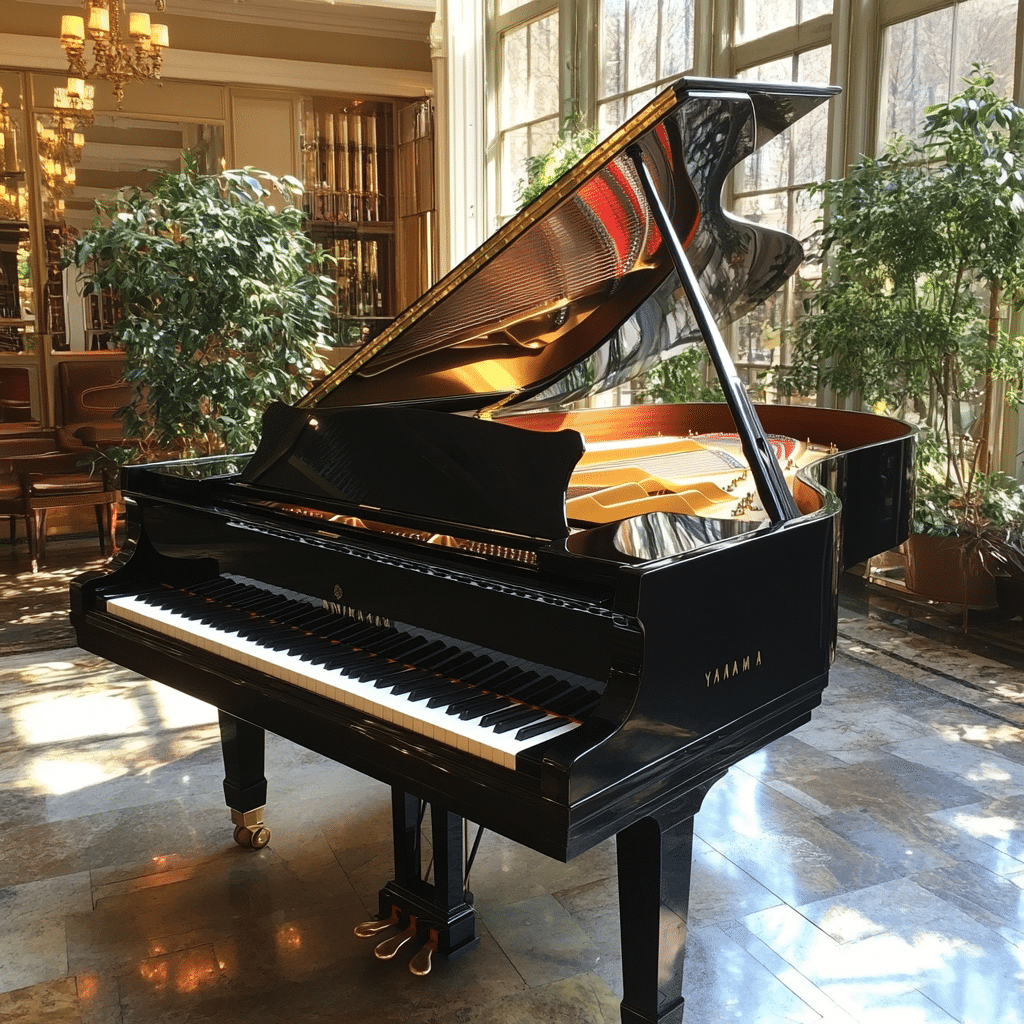
Are Yamaha pianos any good?
Yamaha pianos are highly regarded for their consistent quality, durability, and performance across different price ranges, making them a top pick for many serious pianists.
What piano is best for beginners?
For beginners, popular choices include the Yamaha P-45, Casio Privia PX-160, and Roland FP-10, but if you’ve got the space and budget, an acoustic piano like an upright or grand can give a more authentic feel.
What is considered the best piano brand?
Some of the best piano brands for grand pianos include Steinway & Sons, Yamaha, and Bösendorfer. Steinway is often seen as the gold standard, while Yamaha and Bösendorfer also deliver excellent quality at competitive prices.
What is Yamaha’s most expensive piano?
The priciest Yamaha piano is the CFX Concert Grand, which has gained fame for its rich, powerful sound since its release in 2010.
What is the life expectancy of a Yamaha piano?
Yamaha pianos can last a lifetime with proper care, typically offering many years of excellent performance, especially their acoustic models.
Which is best piano to buy?
For beginners, a good piano to consider would be in the $300 to $500 range for digital or entry-level acoustic pianos.
How much should I pay for a beginner piano?
Whether you should go for 61 or 88 keys depends on your goals—88 keys are ideal if you want to play full piano pieces, while 61 keys can work for simpler music.
Do I need 61 or 88 keys?
The digital piano closest to an acoustic experience often comes down to personal preference, but many find models that utilize weighted keys and high-quality sound samples tend to mimic the feel and sound best.
Which digital piano is closest to the real piano?
To tell if a piano is good, listen for its tonal quality, check the action of the keys, and consider how well it holds tune—look for pianos that are well-constructed and have a good reputation.
How do you tell if a piano is good or not?
Elton John is known to play Yamaha pianos, particularly the Yamaha C7 grand piano, which he often features in performances.
What piano does Elton John use?
Expect to pay anywhere from $300 to $3,000 for a really good piano, depending on whether it’s digital or acoustic and the brand you choose.
How much is a really good piano?
Yamaha pianos can indeed appreciate in value, especially well-maintained models, which can become sought after as time goes by.
Do Yamaha pianos go up in value?
The highest grade in Yamaha’s piano series is often viewed as their “CF” series, which includes elite concert grand models recognized for their craftsmanship.
What is the highest grade in Yamaha?
Transporting a piano typically requires professional movers, especially for acoustic pianos, as they must be moved carefully to avoid damage.
How to transport a piano?
For beginners, the ‘Suzuki method’ and ‘Faber Piano Adventures’ are popular choices that make learning fun and effective.
Which piano method is best for beginners?
Beginners generally benefit more from getting a digital piano rather than a keyboard, as digital pianos offer weighted keys and touch sensitivity, which are closer to an acoustic experience.
Should a beginner get a keyboard or digital piano?
The easiest piano style to learn might be pop music since it often features simple chords and catchy melodies, making it accessible.
What is the easiest piano style to learn?
Starting with simple pieces like “Twinkle, Twinkle, Little Star” or “Mary Had a Little Lamb” can build confidence and help you establish a foundation in piano playing.
What is the first piano piece I should learn?
Yamaha pianos are popular due to their blend of quality, reliability, and value, making them an excellent choice for both beginners and seasoned players.
Why is the Yamaha piano so popular?
Yamaha is known for high-quality instruments, building a reputation over the years for their craftsmanship and sound.
Is Yamaha high quality?
Yes, Yamaha pianos can increase in value, particularly well-maintained models or those in demand, like their pianos from the CF series.
Do Yamaha pianos increase in value?
To assess piano quality, look for solid construction, listen for a clear, balanced tone, and consider the brand’s reputation in the market.




